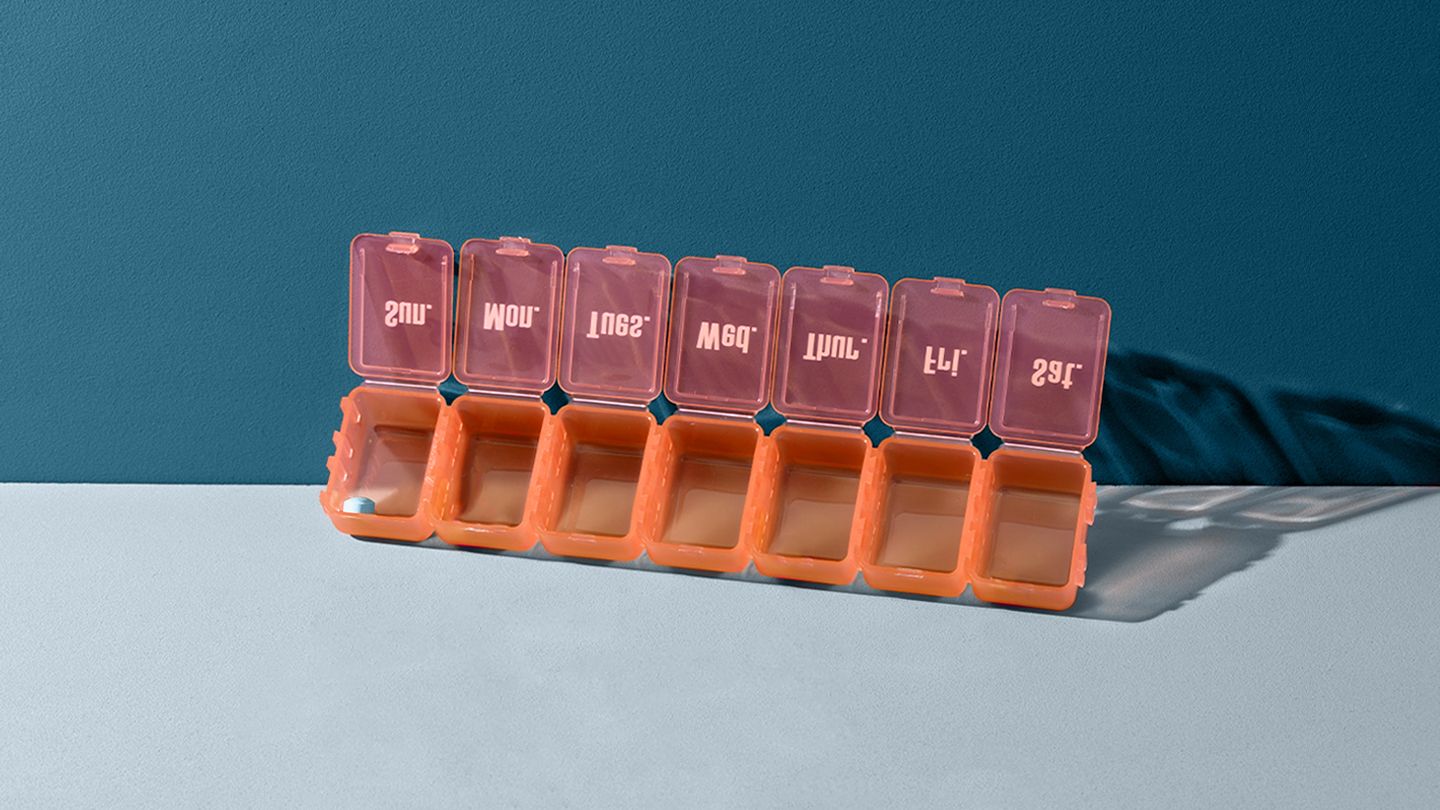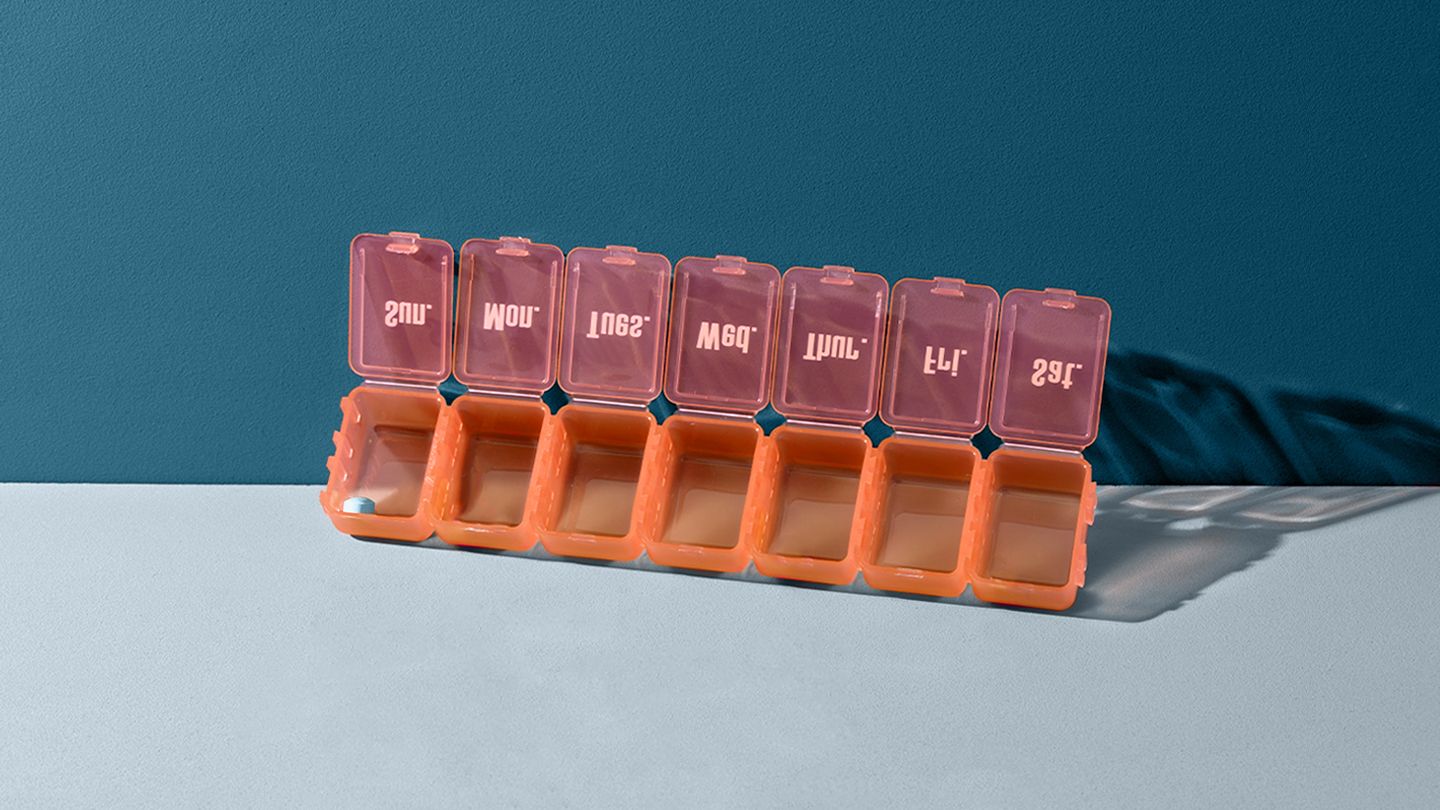Understanding the Connection Between ADHD and Difficulty Waking Up
For those living with Attention Deficit Hyperactivity Disorder (ADHD), mornings can be exceptionally challenging. The symptoms associated with ADHD, such as troubles focusing, lack of motivation, and difficulty self-regulating, often make it hard to rouse in the morning and face the coming day.
There are several reasons why those with ADHD tend to have more difficulty waking up than neurotypical adults. Let's explore some of the factors that may contribute to this struggle.
The Impact of Sleep Disturbances
Sleep issues are common for many adults with ADHD. Some research suggests up to 70% of adults with ADHD experience some type of sleep disturbance or deprivation. This can significantly disrupt healthy sleep cycles and make mornings much more difficult.
Many people with ADHD report trouble quieting their thoughts at night. Their minds may race with ideas, making it challenging to fall and stay asleep. Even if they log enough total hours, the quality of sleep may still suffer.
These sleep disruptions can leave those with ADHD feeling chronically fatigued. Waking up while already exhausted certainly doesn't help kickstart the morning.
The Role of Time Blindness
"Time blindness" refers to the common ADHD trait of struggling with time perception and management. Essentially, the passage of time feels distorted.
For those with time blindness, judging how much time has passed or remains can be extremely difficult. This may result in an impaired ability to accurately gauge how long morning routines will take.
Underestimating timeline needs often backfires, resulting in running perpetually late. Then mornings become a rushed, anxious game of catch up instead of starting the day calmly and intentionally.
Medication Wears Off Overnight
Many adults managing ADHD take prescribed stimulant medications. These drugs help increase motivation, focus, and impulse control during waking hours. But eventually, the effects of short-acting formulations will fade away.
Since doses aren't taken at night, medication blood serum levels will plummet while sleeping. Immediately upon waking, individuals may feel unrested and experience a return of ADHD symptoms from the lack of medication in their system.
Tips for Making Mornings Easier with ADHD
While ADHD certainly stacks the odds against smooth mornings, all hope isn't lost. Here are some tips for improving wake-up success:
Optimize Sleep Habits
Getting on a regular sleep schedule and following good sleep hygiene habits lays the foundation. Turn off screens 1-2 hours before bed, limit caffeine past the afternoon, establish a calming pre-bedtime routine, and aim for the same bed and wake times (even on weekends). Consider blackout curtains and limiting noise disruption too.
It may also help to take advantage of technology. Smart home devices allow setting alerts and reminders to keep bedtime routines consistent. There are also apps and tools specifically designed to improve sleep quality for those with ADHD.
Prep the Night Before
Mornings go much smoother when some tasks are tackled the evening before. Try laying out clothes, packing work bags, prepping lunches, and setting coffeemakers the night before.
Use checklists, reminders, and timers to stay on track with essential pre-bedtime prep work. Visually displaying what has been done already can provide a needed dopamine hit of accomplishment.
Add Accountability Partners
Ask friends, family, or co-workers to check in about the morning routine. Having social accountability can supply much-needed extra encouragement to get moving.
If possible, coordinate walking into work or catching the same bus as someone else. Knowing others are expecting you can help short-circuit the temptation to keep hitting snooze.
Experiment with Alarm Setups
Consider trying progressive alarms - a series of alarms over 30+ minutes versus just one. This may help ease into wakefulness more gradually. Additionally, put alarm clocks far enough away to require getting out of bed.
For extra insurance against sleeping through alarms, use apps that won't turn off until solving math problems or QR code scans of items placed strategically around the home.
When to Seek Help for ADHD Sleep and Wake Issues
While implementing coping strategies, don't hesitate to seek outside assistance if significant struggles persist. Discuss options with a doctor or mental health professional.
For example, adjusting ADHD medication timing could help bridge overnight coverage gaps. There are also non-stimulant medications specifically targeting ADHD-based sleep dysfunction.
If ADHD symptoms negatively impact work, relationships, or overall well-being, take steps to get specialized support. Dealing with ADHD and turbulent mornings can be frustrating but you don't have to manage alone.
FAQs
Why do those with ADHD struggle with mornings?
Common issues like sleep disturbances, time blindness, and medication wearing off overnight can make it exceptionally difficult for those with ADHD to wake up and get going in the morning.
What's the best morning routine for ADHD?
Optimizing sleep habits, preparing the night before, using accountability partners, and experimenting with effective alarms can help establish an ADHD-friendly morning routine.
How much sleep do adults with ADHD need?
Most adults should aim for 7-9 hours of sleep per night. Those with ADHD who struggle with sleep issues may need to allocate more time for sleep to make up for any disturbances.
Can medication help with ADHD morning drowsiness?
Adjusting medication timing or using a non-stimulant sleep aid medication under a doctor's supervision may help mitigate some ADHD sleep and wake issues.
What should I do if my ADHD mornings don't improve?
If difficulty waking up continues to significantly impact your life, speak to your doctor. A sleep specialist or therapist who specializes in ADHD may be able to recommend tailored treatment approaches to help.
Disclaimer: This article is for informational purposes only and does not constitute medical advice. Always consult with a healthcare professional before starting any new treatment regimen.
Related Coverage
Discover 50 tips to create a relaxing bedroom environment for adults with ADHD. Reduce clutter and stimulation, use calming scents and lighting for better sleep....
If you think you may have ADHD, asking your doctor the right questions is key to getting properly evaluated and diagnosed. Here is what to discuss about testing....
The ongoing Adderall shortage has severely impacted ADHD patients in the Kansas City region. Here are medical and lifestyle methods for coping until supplies rebound....
Understand the similarities and differences between Ritalin and Vyvanse for ADHD treatment. Compare effectiveness, side effects, timing, options and get tips for starting....
If struggling with ADHD symptoms, getting properly evaluated is key. Here is guidance on finding a specialist, preparing for assessment, understanding diagnosis, and accessing treatment....
The Adderall shortage is making getting prescriptions difficult without insurance. Here are tips for working with your doctor, finding discounts, using prescription savings plans, and more....
Las Vegas offers quality ADHD treatment including diagnosis, medication management, therapy, coaching, and support groups. Find specialists to create a tailored plan....
Adderall requires a prescription and is illegal for recreational use, but when taken as directed for ADHD it is FDA-approved and legal under federal regulations....
The Adderall shortage makes getting prescribed ADHD meds difficult. Learn reasons for the shortage, effects on patients, and techniques to cope until supplies increase....
Find the Azstarys cost in 2025, with cash prices, insurance details, coupons and simple steps to cut your out‑of‑pocket spend....







